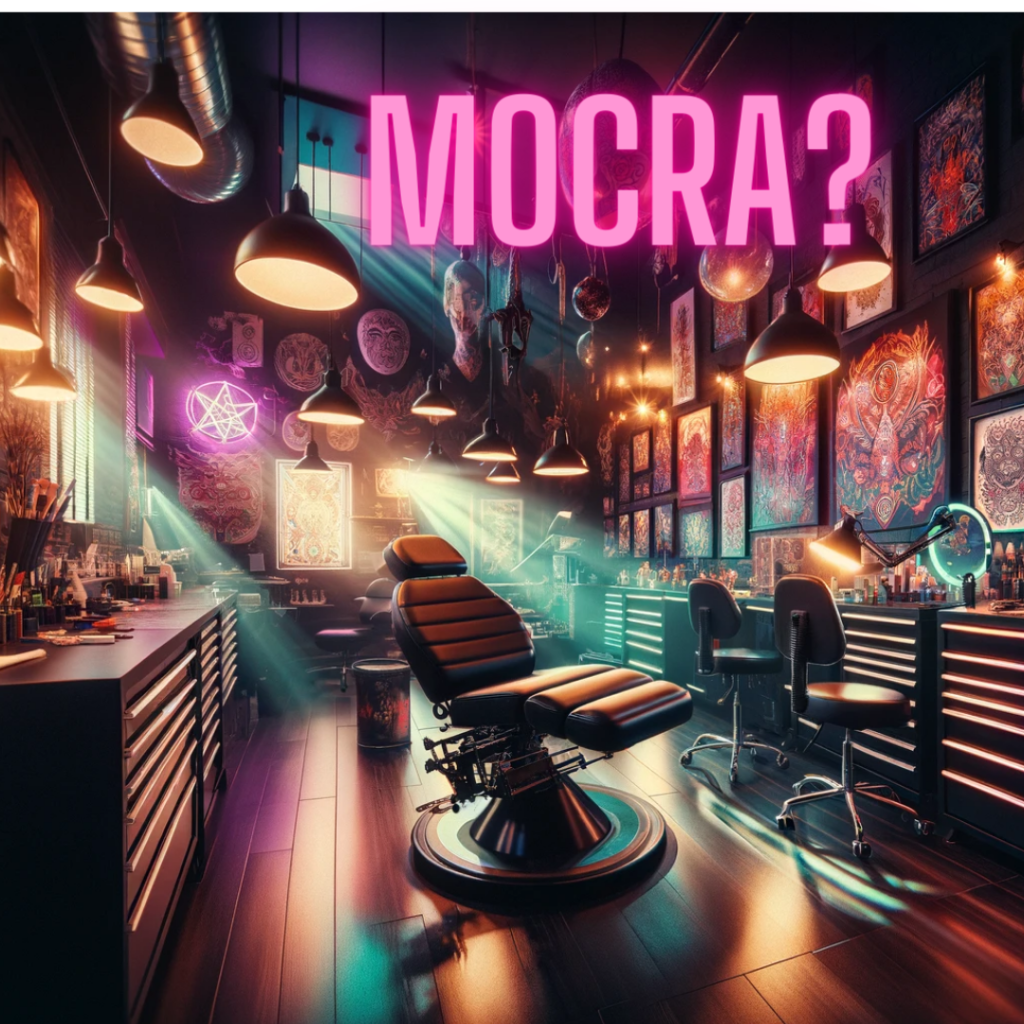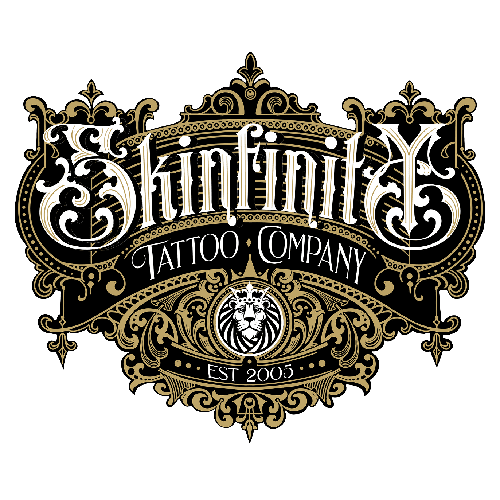”THE MOCRA ACT of 2022: What is it, and what does it mean for the Future of our Industry?”

The Modernization of Cosmetics Regulation Act of 2022 (MoCRA) represents a significant expansion of the U.S. Food and Drug Administration’s (FDA) authority to regulate cosmetics since the Federal Food, Drug, and Cosmetic Act of 1938. This law aims to ensure the safety of cosmetic products, which are used by most Americans on a daily basis, including makeup, nail polishes, grooming products, and more.
MoCRA introduces several new regulations and authorities for the FDA, which have implications for the tattoo industry:
- Records Access and Mandatory Recall Authority: FDA can access safety records related to cosmetic products and has the power to order mandatory recalls of products deemed unsafe.
- Adverse Event Reporting: Companies must report serious adverse events associated with cosmetic products within 15 business days, including providing product labels and any new information received within a year of the initial report.
- Facility Registration and Product Listing: Manufacturers and processors must register their facilities with the FDA and list each marketed cosmetic product, including ingredients, with annual updates.
- Safety Substantiation: Companies must ensure and maintain records supporting the safety of their cosmetic products, using scientifically robust methods. Animal testing is not a requirement.
- Regulations Compliance: The industry must comply with Good Manufacturing Practice (GMP) requirements, fragrance allergen labeling, and standardized testing methods for detecting asbestos in talc-containing products.
- Exemptions for Small Businesses: MoCRA exempts certain small businesses from GMP, registration, and product listing requirements, although this does not apply to products that regularly contact the eye’s mucus membrane, are injected, intended for internal use, or alter appearance for more than 24 hours.
Ben Shaw, a veteran tattoo artist, emphasizes the importance of tattoo practitioners staying informed about MoCRA, as it regulates tattoo products, potentially impacting the industry significantly. Shaw stresses the need for practitioners to participate in discussions regarding new regulations and to ask pertinent questions about product ingredients, health risks, and the impact on sourcing and using tattoo products.
Impact on Tattoo Artists and Clients
For tattoo artists:
- Pros:
- Enhanced safety regulations could improve the overall quality and safety of tattoo products.
- The requirement for proper labeling and safety data could provide artists with more information about the products they use.
- Cons:
- Compliance with new regulations may require additional administrative work and adjustments in practices.
- The potential financial impact of registering facilities, listing products, and maintaining safety records.
For clients:
- Pros:
- Increased safety and quality standards for tattoo products could reduce the risk of adverse reactions or health issues.
- Greater transparency regarding the ingredients and safety of tattoo products.
- Cons:
- Potential increase in costs as artists may pass on the financial burden of compliance to clients.
- Possible reduction in product variety as some products may not meet the new safety standards.
In summary, MoCRA aims to enhance the safety and quality of cosmetic products, including those used in the tattoo industry. While it brings about more stringent safety standards, it also introduces new responsibilities and potential financial impacts for tattoo artists and their clients. The active participation and adaptation of the tattoo community, as advocated by experts like Ben Shaw, will be crucial in navigating these changes. Click here for updated information on MOCRA. https://benshawarchetype.com
